In the annals of history, few documents have had as profound an impact on public opinion and political discourse as Emile Zola’s letter of 1898. This historic document, known as “J’accuse…”, not only exposed a grave injustice but also played a pivotal role in the Dreyfus Affair, a scandal that shook France and had lasting implications for the country’s social and political landscape.
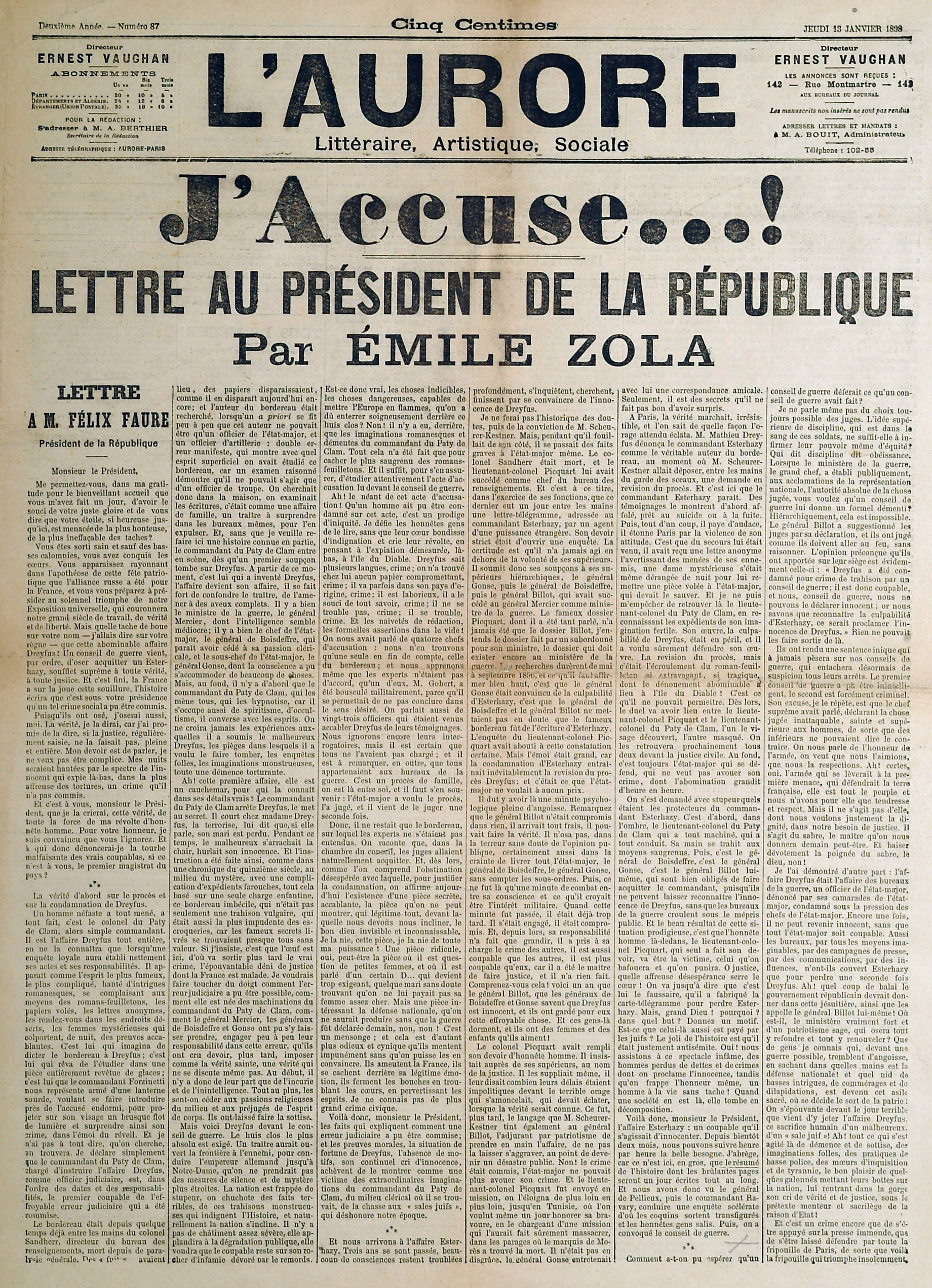
The Context of the Dreyfus Affair
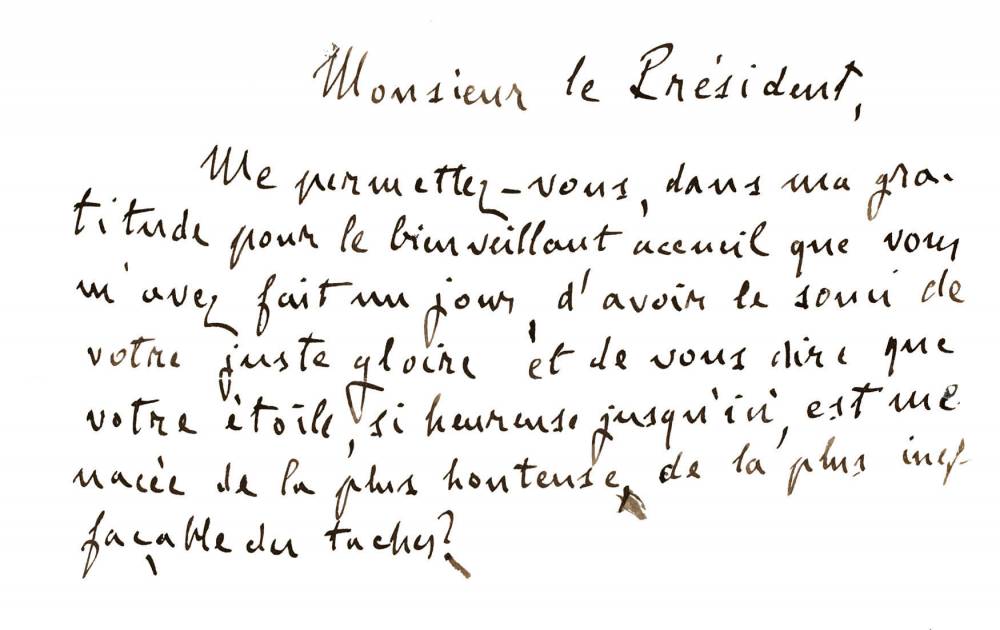
The Dreyfus Affair began in 1894 when Captain Alfred Dreyfus, a Jewish officer in the French Army, was falsely accused of spying for Germany. Despite a lack of evidence, he was convicted and sentenced to life imprisonment on Devil’s Island. The case quickly became a flashpoint for anti-Semitism in France, with many believing that Dreyfus was guilty simply because of his religion.
Emile Zola’s Role
Emile Zola, one of France’s most celebrated writers, took a stand against this injustice. In 1898, he published an open letter titled “J’accuse…” in the newspaper L’Aurore. The letter was a direct accusation against the French government and military, which had conspired to cover up the truth about Dreyfus’s innocence.
The Content of the Letter
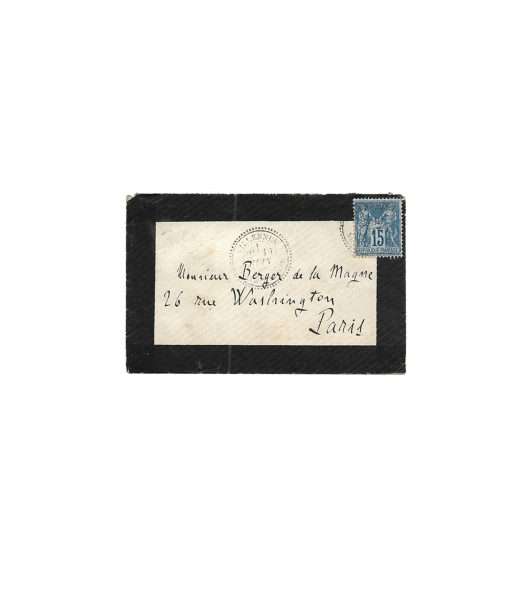
In “J’accuse…”, Zola laid out a series of allegations against the French authorities, accusing them of fabricating evidence and suppressing the truth. He wrote:
“I accuse the High Command of having, in the interests of the military, committed a crime, the greatest crime that can be committed against a soldier: to condemn him without proof, to condemn him without reason, to condemn him without any legal basis.”
This powerful statement resonated with the public and sparked a national debate about justice, anti-Semitism, and the integrity of the French government.
The Aftermath
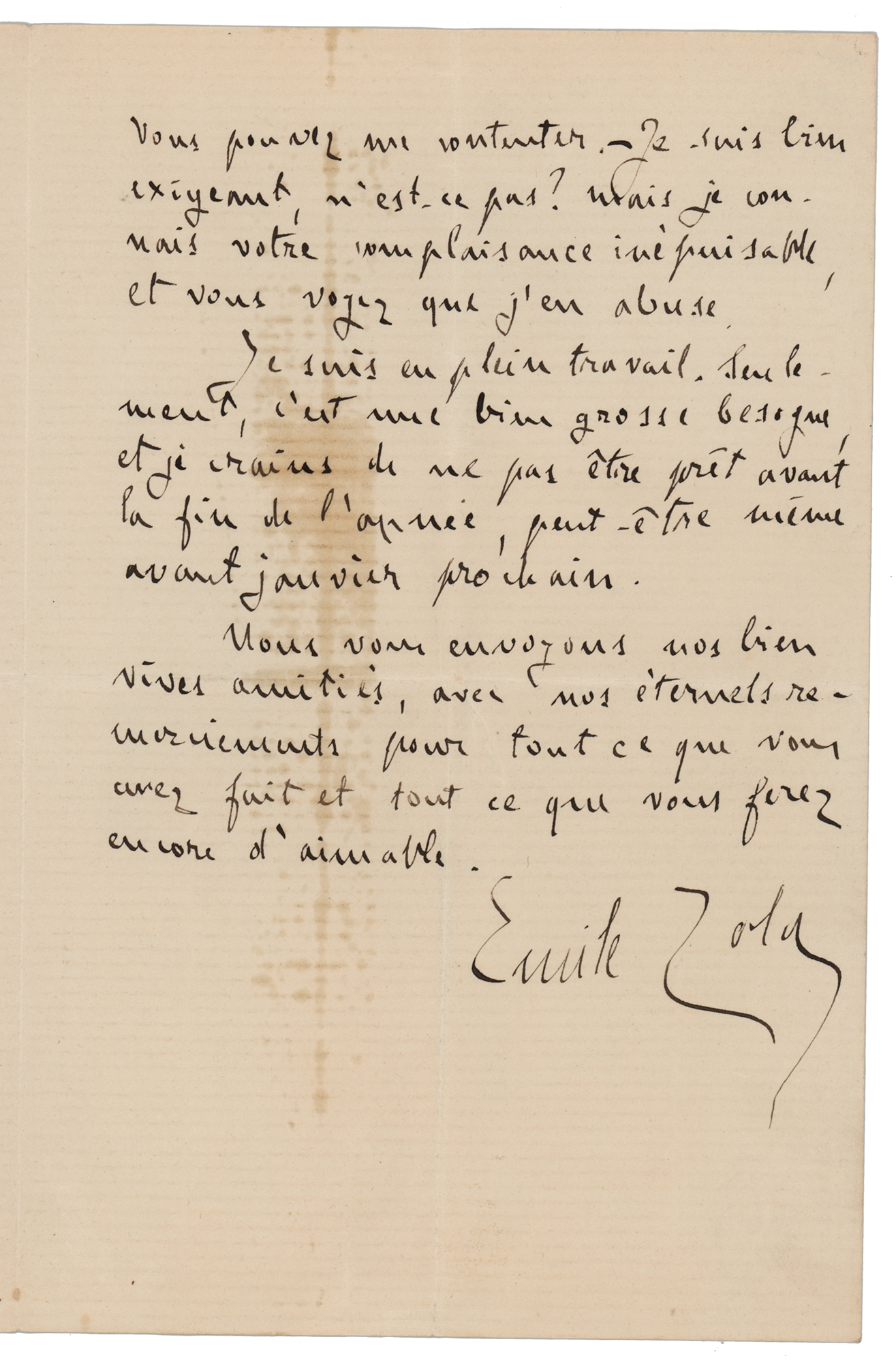
Zola’s letter had immediate and far-reaching consequences. It led to widespread public outrage and forced the government to re-examine the case. Although Dreyfus was not immediately exonerated, the letter brought international attention to the affair and ultimately contributed to his eventual release in 1906.
Legacy of the Letter
The legacy of Zola’s letter extends beyond the Dreyfus Affair itself. It is seen as a landmark moment in the fight against injustice and a testament to the power of the written word. Zola’s courage in speaking out against corruption and prejudice has inspired generations of activists and journalists.
Conclusion
Emile Zola’s letter of 1898 remains a powerful reminder of the importance of standing up for what is right, even in the face of overwhelming opposition. It not only helped to clear Dreyfus’s name but also highlighted the need for transparency and accountability in government. As we reflect on this historic document, we are reminded of the enduring impact of courageous voices in the pursuit of justice.
Author: [Nama Lengkap]
Title/Role: [Jabatan atau keahlian]
Credentials: [Ringkasan kualifikasi atau pengalaman terkait]
Profile Link: [Link profil, opsional]
Sources:
– Historic Émile Zola Letter of 1898 – NYT Crossword Clue
– The Dreyfus Affair – Encyclopedia Britannica
– Emile Zola – Biography.com
Related Articles:
– The Impact of the Dreyfus Affair on French Society
– Emile Zola’s Contributions to Literature and Journalism
– Anti-Semitism in 19th Century France
Call to Action:
Stay updated with the latest news and historical insights by following our blog and exploring more articles on significant events that shaped our world.






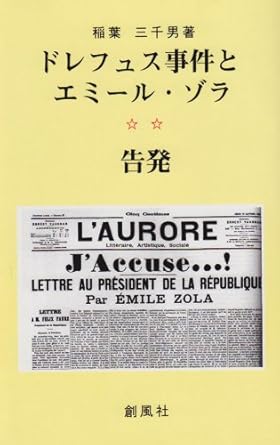




More Stories
US Trending News: The History and Legacy of Zoo York in Streetwear Culture
Understanding ‘You Got That Right’ in The New York Times: Context and Implications
US Trending News: What Are Winter Bones? A Guide to the Seasonal Trend in Bone Health